It’s glory days for golf anime. And pretty good for Netflix anime too. Their track record this past year or so is pretty solid. They’re often working with big studios, and getting a lot of big-name directors as well. I’m enjoying T.P. Bon a lot, which as a Bones series directed by Andou Masahiro certainly checks those boxes. Rising Impact isn’t exactly a platinum studio prject with Lay-duce but it does have a rock-solid director in Nanba Hitoshi (Golden Kamuy S 1-3 and a bunch of other stuff besides).
It’s hard not to compare Rising Impact with the other golf series of the moment, Ooi! Tonbo. Both are stories about rural kids (one in the mountains, one on an island) whose lives are changed by a meeting with a big city golf pro. Both are two split cours – though as a Netflix production that means something different with R.I. (one 12-episode dump now, one in August). But while I like them both a lot, they’re very different under the hood. Ooi Tonbo is a non-traditional manga – it runs in a golf publication. Rising Impact is a shounen. And not only that, a Weekly Jump shounen – and one from 25 years ago at that.
The upshot of that is that Rising Impact is not going for the same rigid accuracy as Ooi Tonbo. It’s also much more of a boisterous adventure story, with a somewhat Gon Freecs-like protagonist to boot. But happily it also doesn’t seem to be embracing the abject silliness of some Jump sports manga (Kuroko no Basuke and Prince of Tennis come to mind). It’s the product of Suzuki Nakaba, who would later find great fame with Nanatsu no Taizai. That’s not a series I especially like, but I must say I found the premiere of Rising Impact to be comprehensively charming and fun.
The hero (and I have no qualms about using the term here) of the piece is Nanaumi Gawain (Kuno Misaki). He lives way out in the inaka – in a small village where the only working access bridge within 8 kilometers is a giant log. He meets a lady carrying a strange bag in the woods, looking for a non-existent bridge to her inn. This is Nishino Kiria (Taichi You). Gawain needles this onee-san relentlessly but eventually does lead her to her inn before heading off to play baseball with his mates. His dream, he says, is to hit the ball farther than anyone else (and in baseball with 8 year-olds, he can). But there’s another sports where you can hit the ball even farther than baseball…
It’s true, golf is the sport where you hit the ball farthest (it helps that it’s so tiny). Again, we’re not going for hyper-realism here – I don’t think any third-grader can hit a driver 300 meters. But there are no superpowers or anything. Gawain is a wild child who trains everyday and climbs and clambers all over the mountains. When he begs to take a whack after seeing Kiria hit one 260 meters, he realistically whiffs several times. It’s hard to imagine more disparate actions that the golf and baseball swing (ironically, the baseball motion most useful here is the shortstop tossing the ball to second base).
But Gawain – like Tonbo – is a natural. He understands the mechanics of the golf swing because a baseball bat isn’t all he’s been swinging – he’s been chopping wood, too (here, they still use it for heating and hot water). Once she sees this little pug outdrive her, Kiria knows the boy has talent. But there are no golf courses or driving ranges here, and she’s only staying one night. She proffers the offer to Gawain to visit her in Tokyo when he’s older, and he drags her home to stay at his grandpa’s house that night. Grandpa gets a sense from Kiria that Gawain might have a special gift, and eventually tells him not to wait – get out of Dodge know and start working on the rest of your life.
It’s the difference between a fairy tale and a broadly realistic character study, really. But in that context, I really enjoyed the first ep of Rising Impact. Gawain really did put me in mind of Gon (and Kuno of Han Megumi) – he’s straightforward and cheeky and full of mirth, and basically fearless. Nanba’s direction is deft and the pacing brisk but measured, and the look of the series is a pleasing mix of the manga’s era and the current one. Netlfix dump series are always a pain to blog, and almost never draw much following. But if I continue to enjoy it I’ll continue to cover it, filling in the blank spots on the calendar as time permits. For an anime fan who loves golf (and/or a golf fan who loves anime) it really is a golden age.


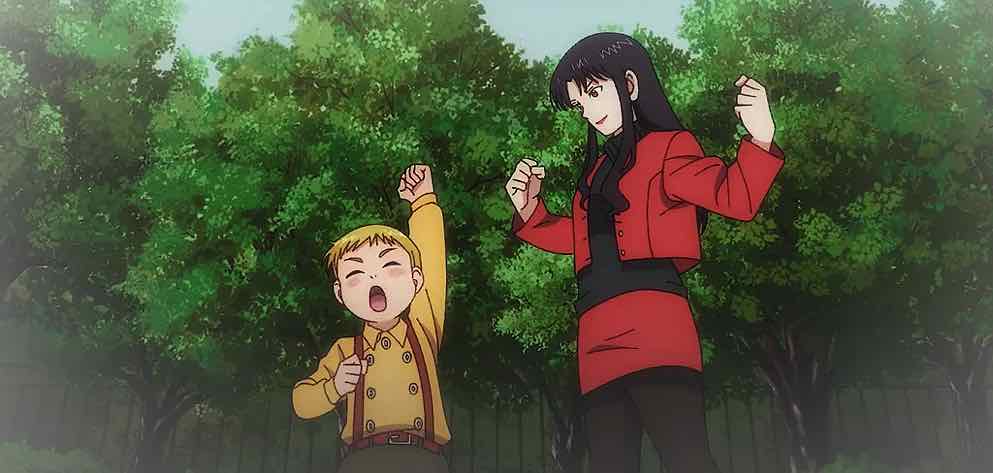
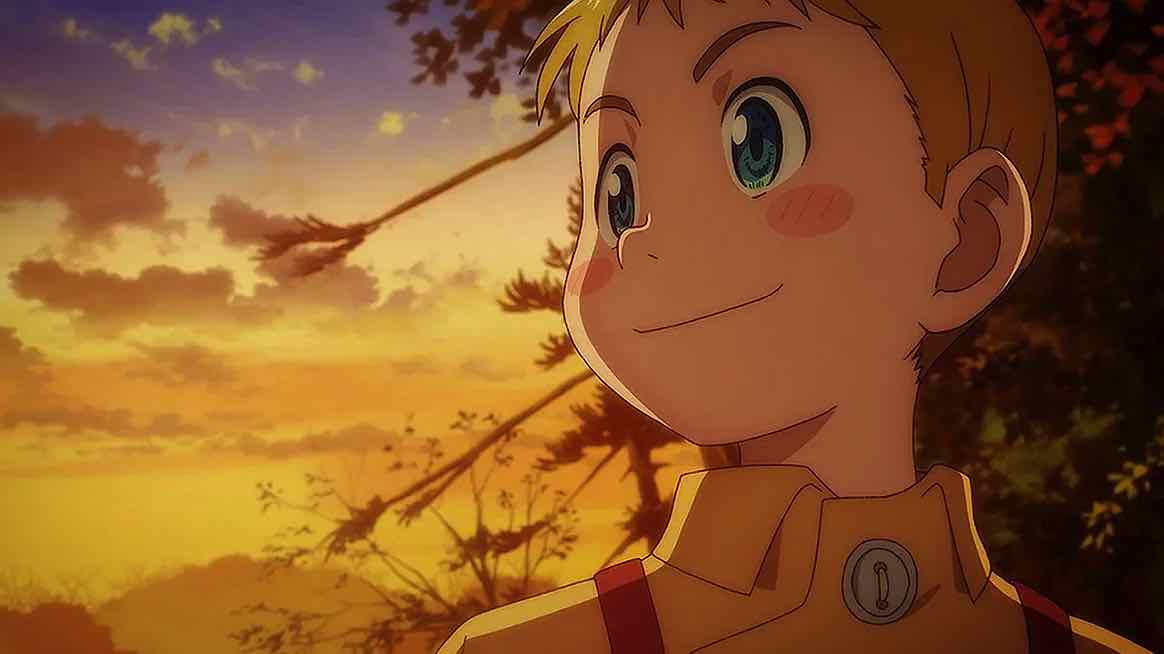
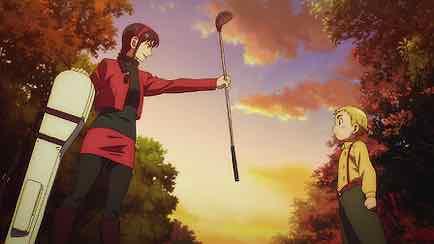
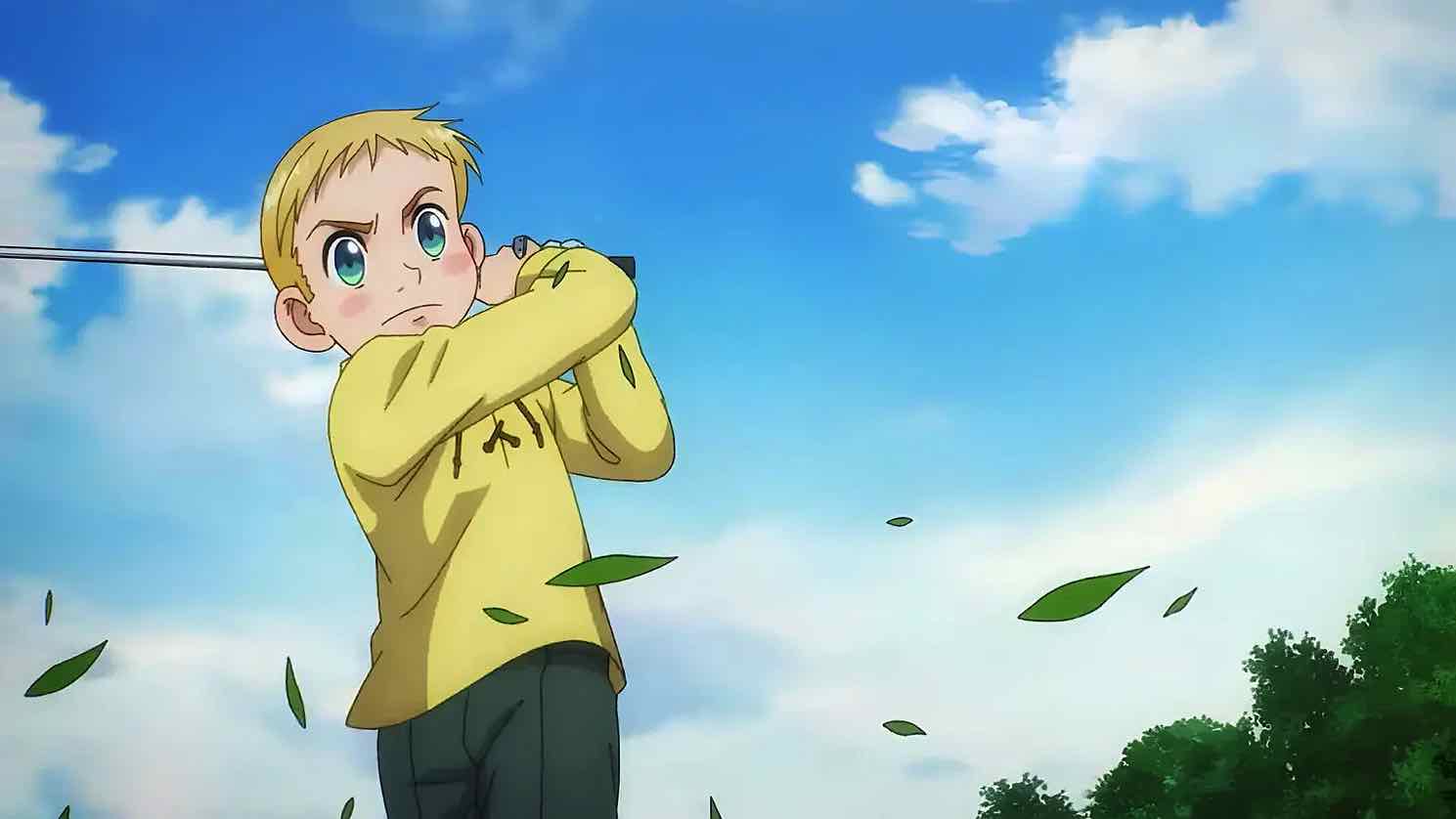
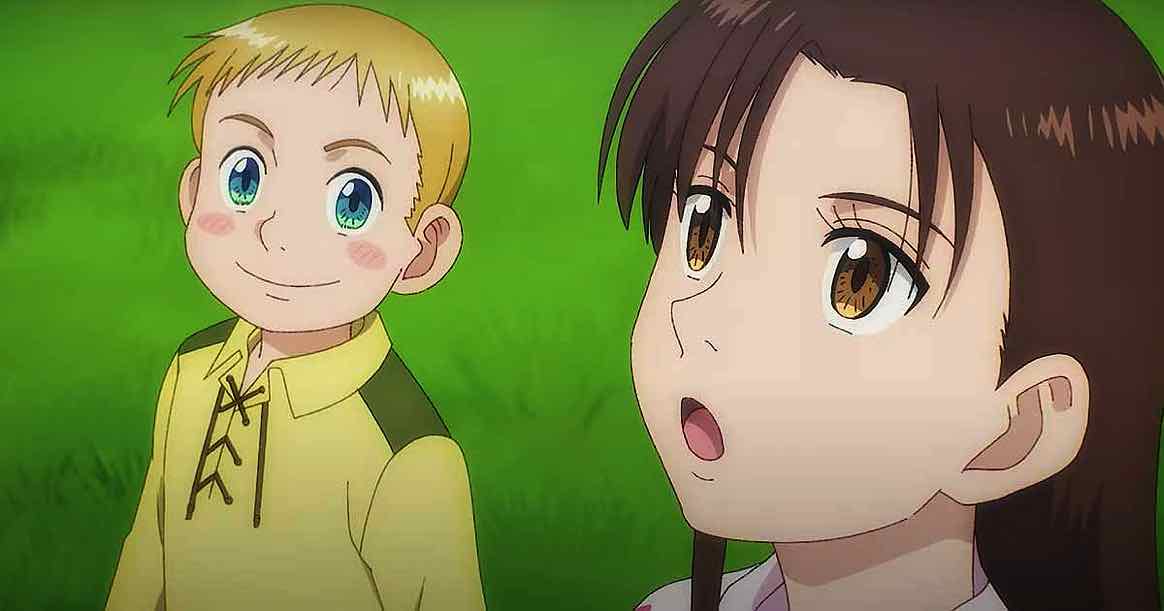
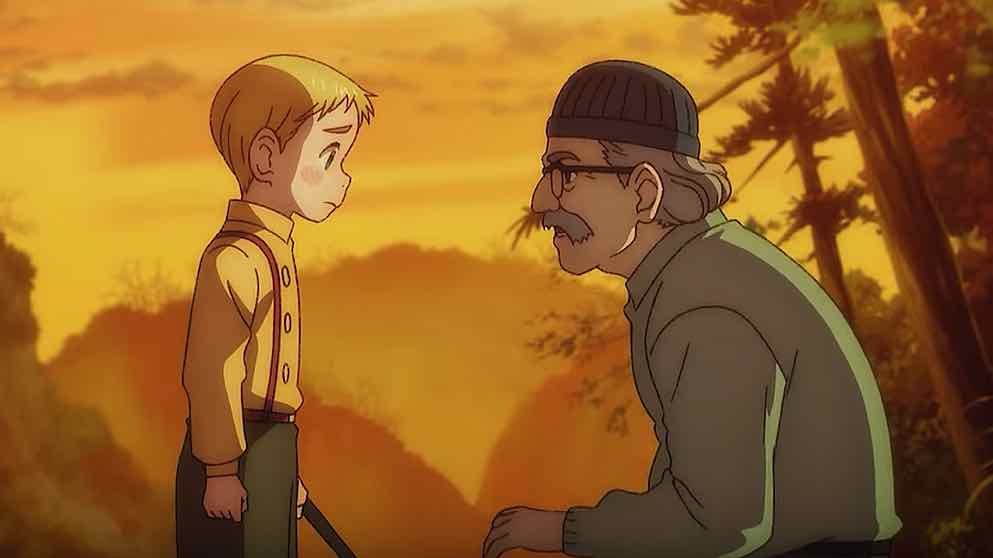
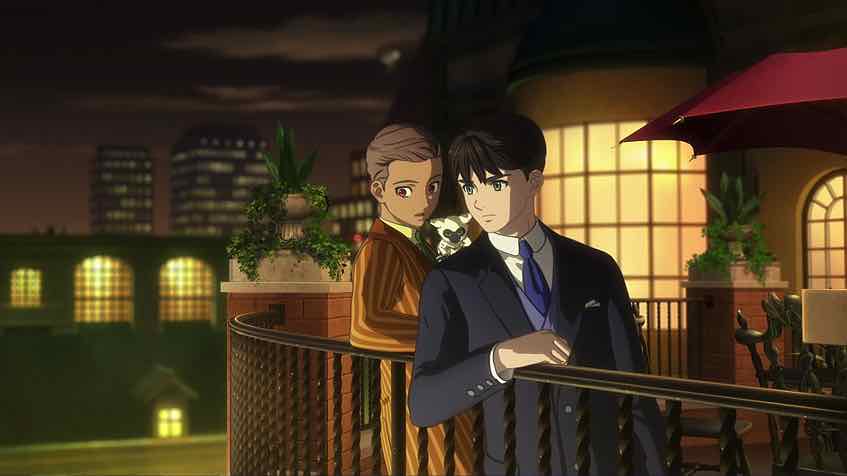
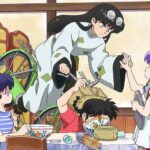
Joshua
June 24, 2024 at 2:17 amFor the life of me, I just can’t get over how calculated this adaptation was. A clear attempt by Netflix to extract more value out of Nakaba Suzuki’s work in the wake of Nanatsu no Taizai’s popularity on the service. It doesn’t matter about the quality of the source material (as we saw when Nanatsu utterly cratered in later seasons both in writing and production), as long as it can be sold by name recognition alone: “From the writer who brought you Seven Deadly Sins”.
And well, it’s an early work from the same author and I’m expecting things to get really rough in its second half.
Guardian Enzo
June 24, 2024 at 7:27 amOr one could argue that it was a manga that should have gotten an adaptation in the first place, and only didn’t because anime basically had a golf blackout.
Joshua
June 24, 2024 at 10:39 pmOr it could be likely that Shueisha is trying to perform IP mining and digging up any old manga they could with some name recognition and cash in on a recent trend and Netflix was all too willing to support that because that same author gave them such a massive hit. If Netflix even wanted to try to squeeze more blood from that stone, they could’ve at least contacted Kodansha to lend them Kongo Bancho instead but I guess Jump’s deal was better.